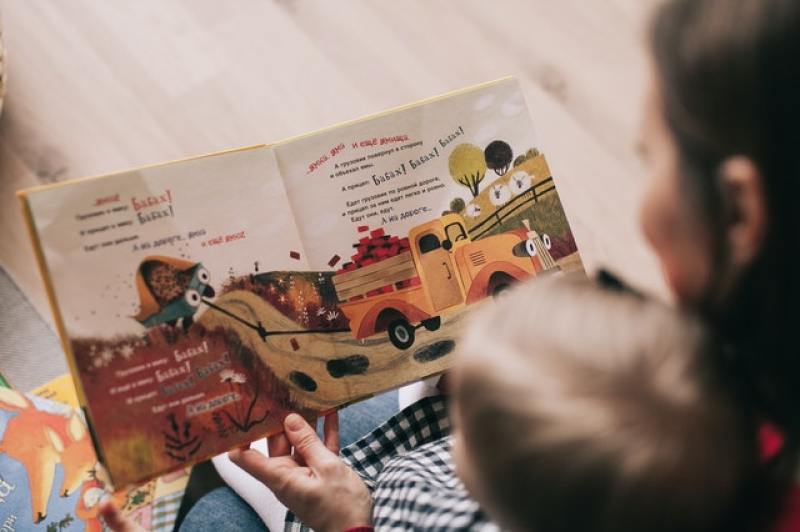
A coalition of 21 religious organizations composed of Christians, Muslims, and Jews expressed alarm on President Joe Biden's "Build Back Better" Act since it will "suppress" faith-based child care providers.
The Christian Post reported that the coalition sent a letter addressed to the two chambers of the United States Congress on Wednesday in hopes that their concerns for Biden's $2 trillion Build Back Better Act would be given consideration.
Two of the members of the religious coalition--the United States Conference of Catholic Bishops and the Union of Orthodox Jewish Congregations of America--have already raised concerns on the bill last month for its "detrimental" effects to child care programs. The said members highlighted that there were "strings attached to the Pre-K and child-care plans" of the bill, which actually forces faith-based child care providers to violate their own beliefs.
The USCCB and the UOJCA revealed that the Build Back Better Act reclassifies faith-based child care providers as direct recipients of federal funds once it is approved in the Senate--having passed in the House of Representatives previously. When that happens, the exemption given to faith-based child care providers to comply to nondiscrimination laws will be lifted.
The letter, addressed to the Senate HELP Committee Chair Patty Murray and Ranking Member Richard Burr, warned on the bill's impact to religious liberty.
"Expanding affordable child care and pre-kindergarten is a worthy goal to help working families. However, the current child care and universal pre-kindergarten (UPK) provisions in the Build Back Better Act will suppress, if not exclude, the participation of many faith-based providers; and faith-based providers are what more than half1 of American families choose for child care," the coalition said.
"While language in the BBBA does not preclude parents from selecting sectarian providers, the subsequent provisions in the bill text make it virtually impossible for many religious providers to participate," they stressed.
The coalition identified "two distinct ways" the Build Back Better Act constricts religious liberty. One is it forces faith-based child care providers to comply to federal obligations and non-discrimination provisions out of becoming a direct recipient of federal funding. The coalition pointed out that this is a "explicit departure" from the government's policy indicated in the Child Care and Development Block Grant that ensures "religious liberty protections intact."
"CCDBG was designed with bipartisan support with this important protection in place in order to ensure the participation of religious providers in its system and protect their ability to have religious content in their programs and other key elements of their religious character," the coalition emphasized.
The second manner in which the BBBA constricts religious freedom is through its "Head Start non-discrimination provisions" that is applied "to the entire child care and UPK programs regardless of whether a provider is a Head Start provider." This is contrary to the rights of faith-based providers stated in Title VII and Title IX of the constitution, which provides protection in the application of "curricula or teaching, sex-specific programs, and preferences for employing individuals who share the providers' religious beliefs."
The coalition underscored that they have no intentions of excluding any one from their faith-based learning programs but only wish to continue doing their "good work in caring for our nation's children in a manner consistent with our beliefs." They then provided suggestions to the bill by attaching a copy of the actual bill with revisions marked in specific areas in it.
"The faith community has always affirmed that parents should choose the best environment for care and education of their children. The current Build Back Better Act provisions would severely limit the options for parents, suffocate the mixed delivery system for child care and pre-kindergarten, and greatly restrict the number of providers available for a successful national program," the coalition stated.

























